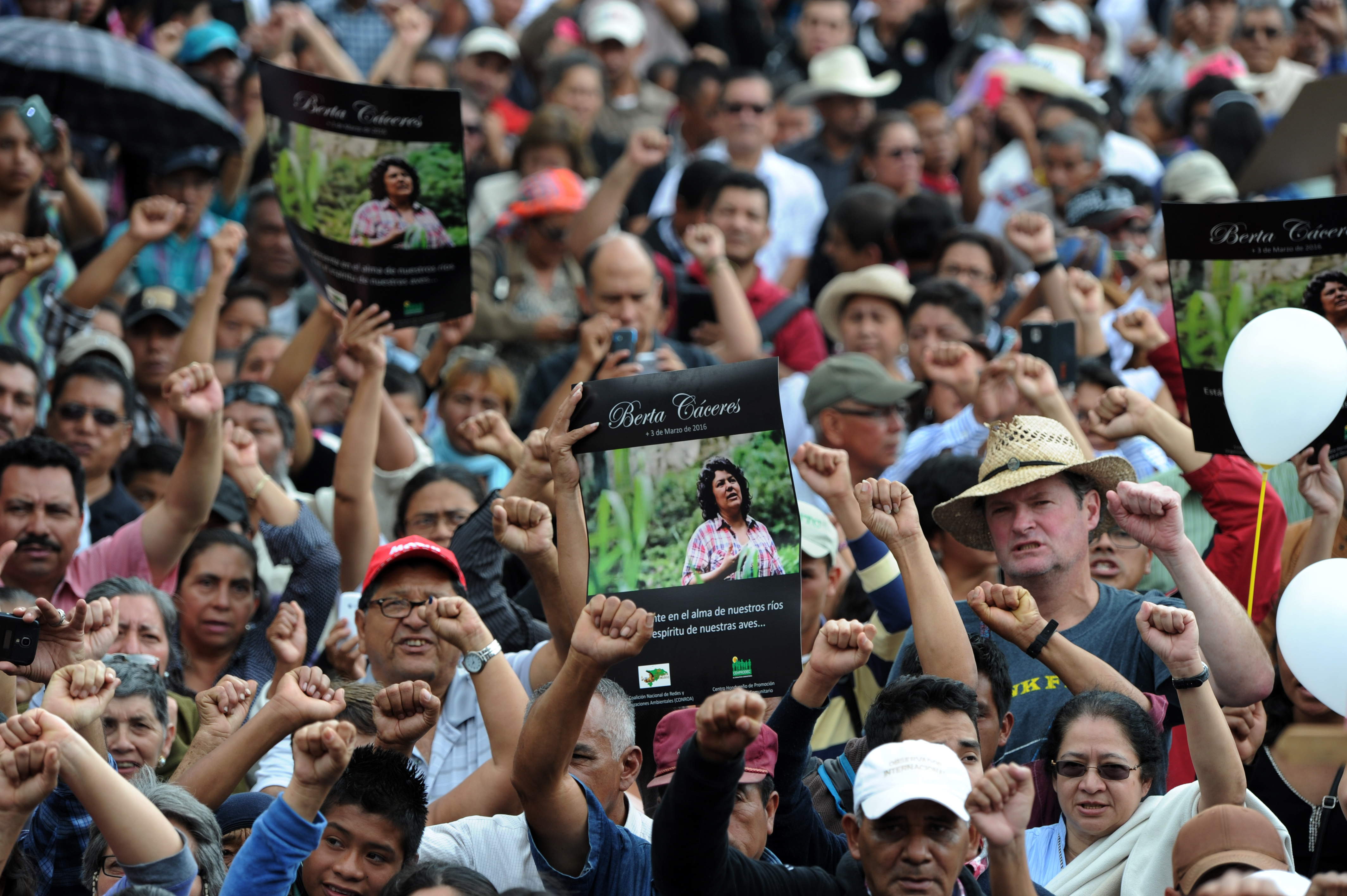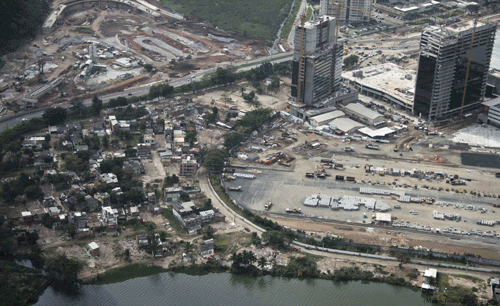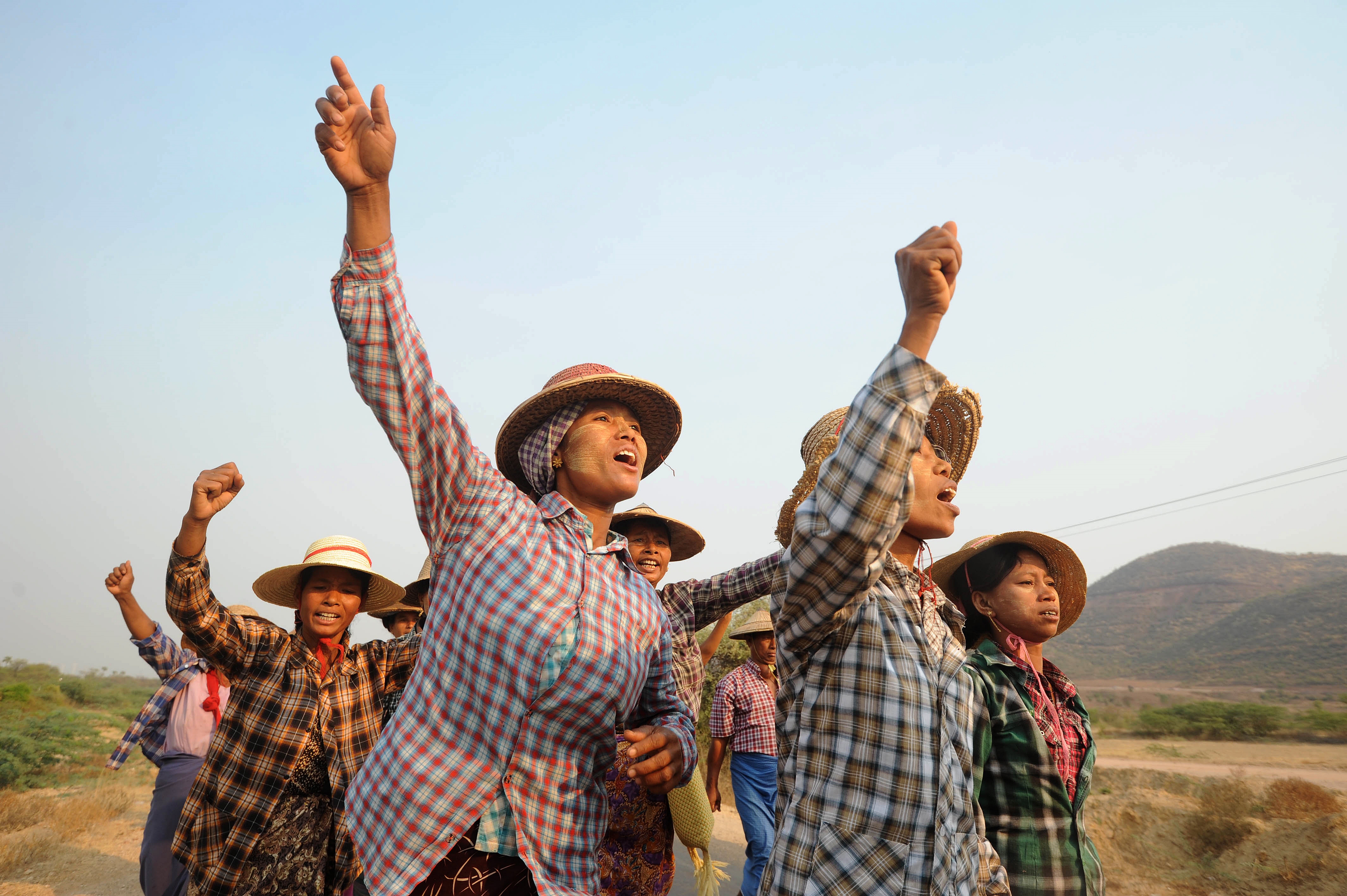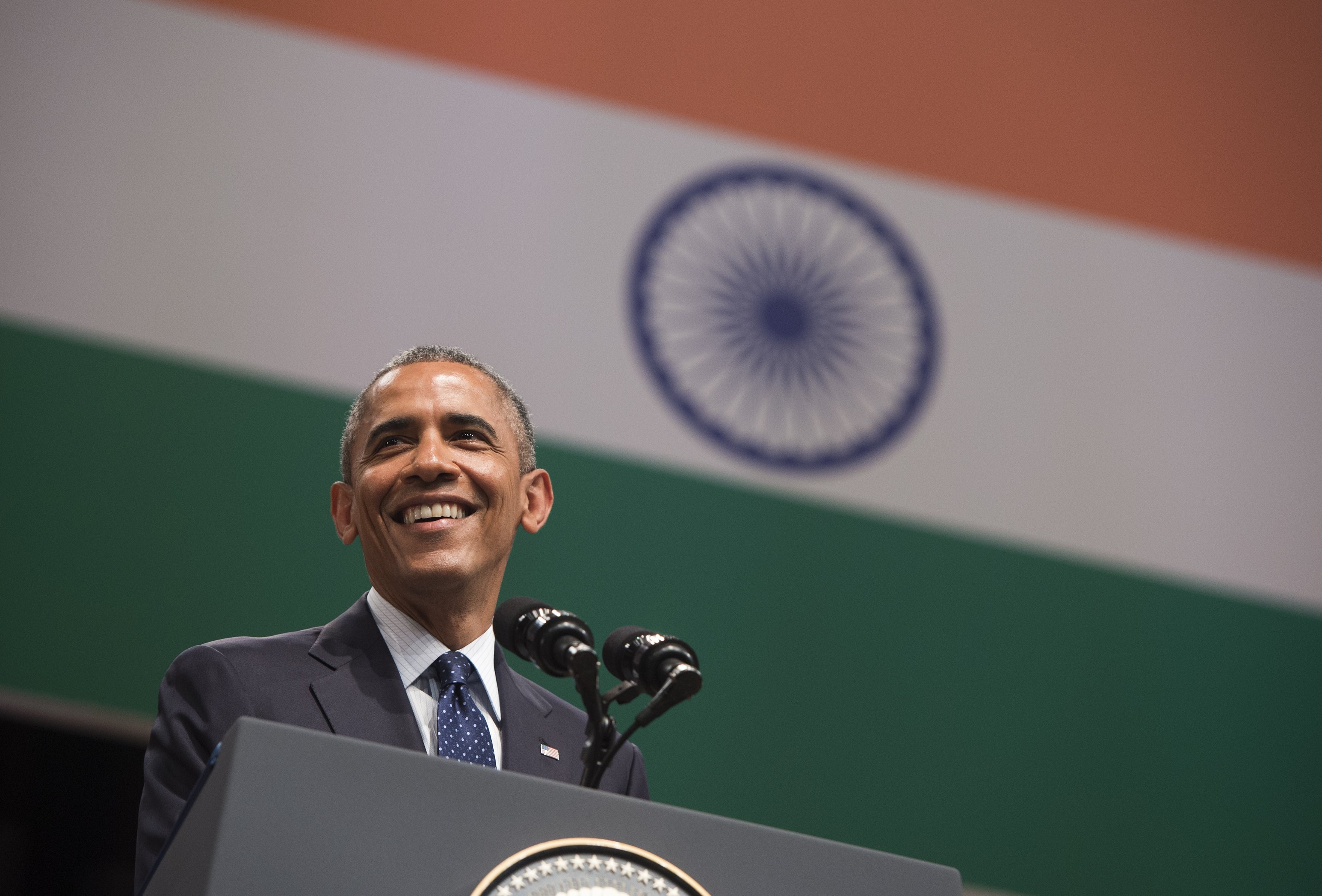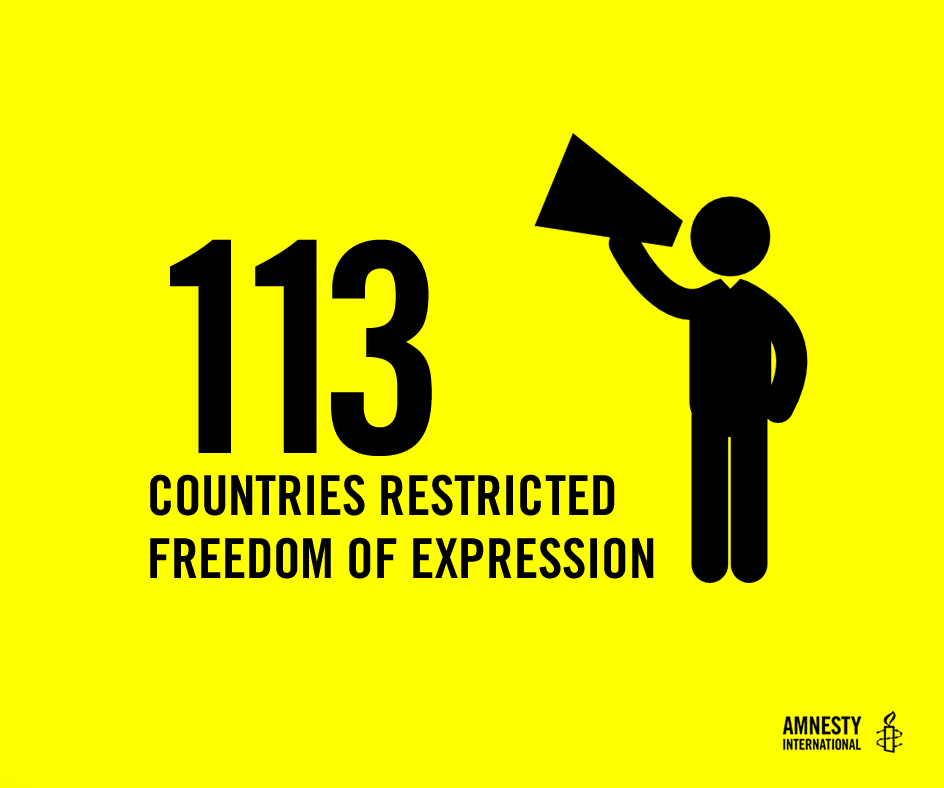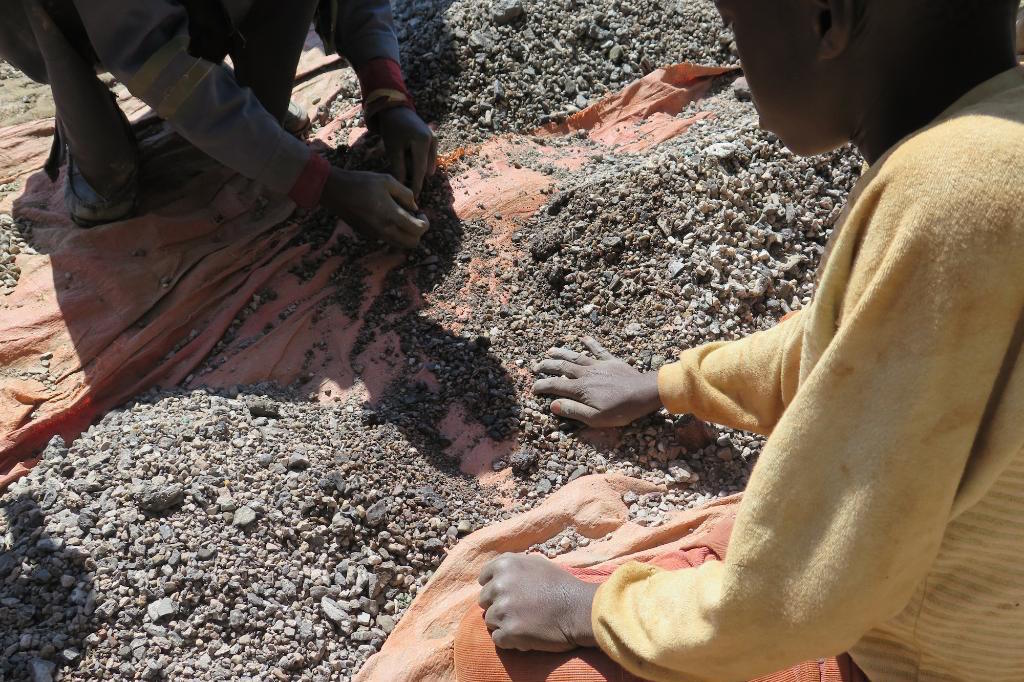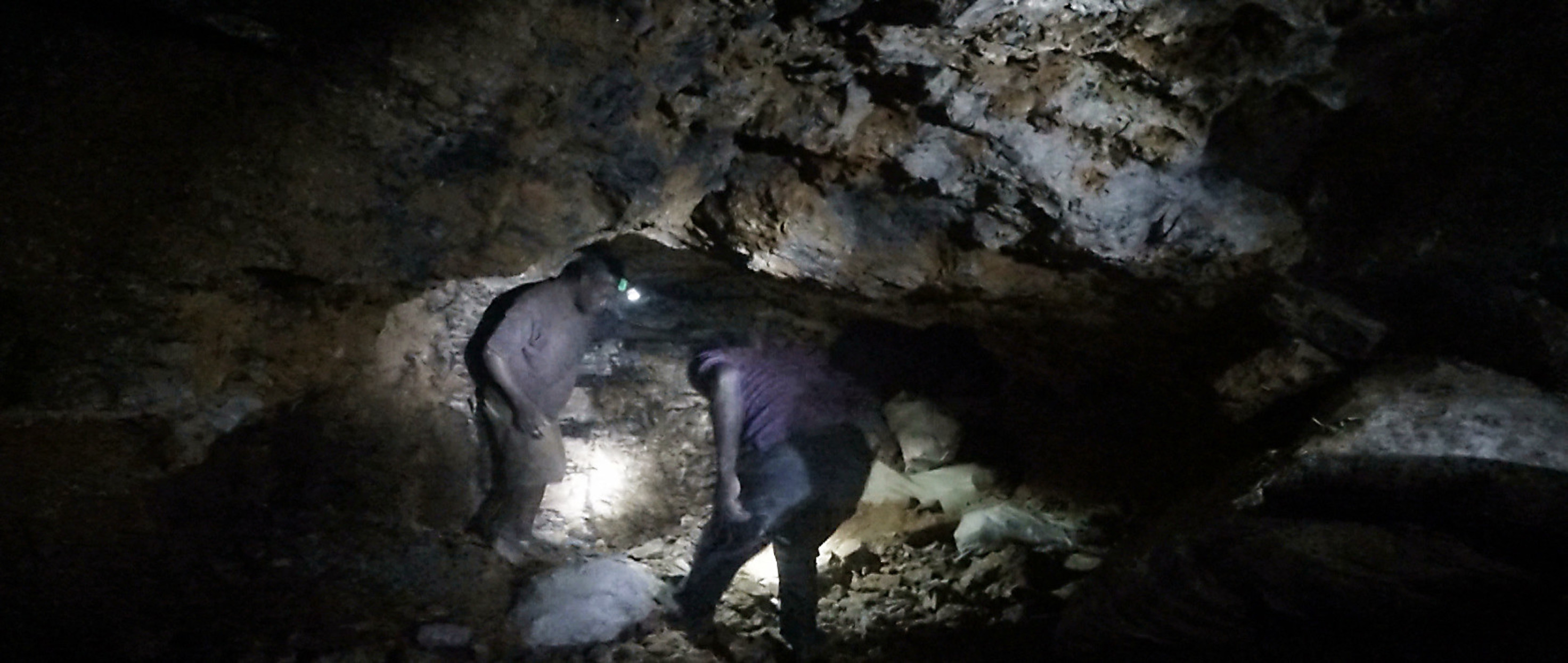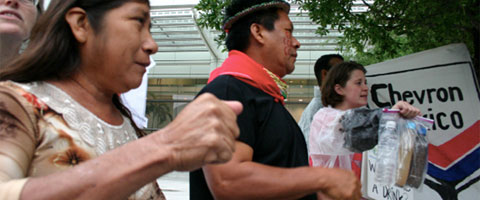
Emergildo Criollo, a leader from the Cofan tribe in Ecuador and Rita Maldonado, a Guanta community member at the demonstration outside the Chevron shareholder meeting. Behind them, an activist holds bottles of contaminated water. Photo: Amazon Watch
By Simon Billenness, Business and Human Rights Thematic Specialist and Paz y Miño, Andean Countries Specialist
Did you know Amnesty International USA is a long-time shareholder activist?
This week, Amnesty International USA joined the New York State Comptroller, Thomas DiNapoli, in filing a shareholder resolution at Chevron Corporation. The resolution asks the company to appoint a board member with expertise in the impact on communities and the environment of its oil and gas extraction operations. SEE THE REST OF THIS POST
